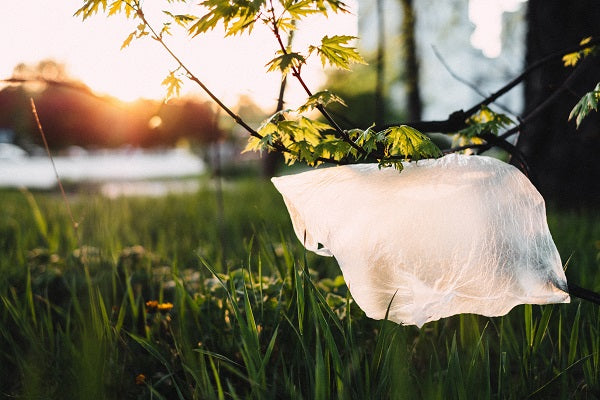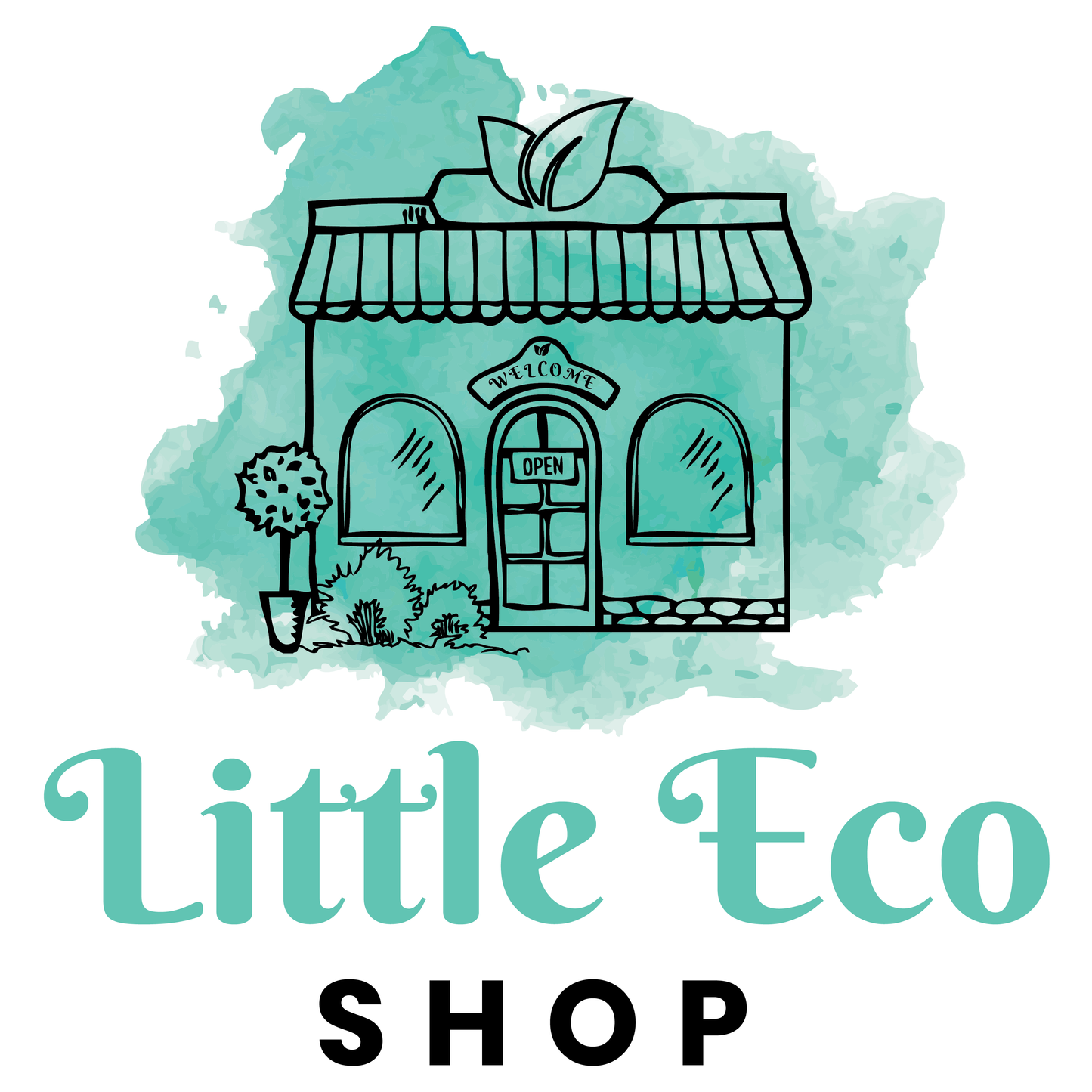
With the EU voting to completely ban single-use plastics (such as straws, cotton buds and cutlery) by 2021, it’s time Australia. Let’s not lag behind on the most pertinent environmental issue of our time. Read this full blog post to view our Top Ten recommended eco alternatives so there's no more excuse for single use!
The popularity of Coles’ Little Shop collection tells me one thing: Aussies are tone deaf to the plastic crisis. With our supermarket giant mass-producing useless plastic trinkets, and our population going Kanye-level cray for them, it’s patent that plastics aren’t going anywhere.
And, while Coles’ marketing department will swear, black and blue, that Little Shop minis are treasured heirloom items, Aussie, Stephanie Shaw’s, shocking find suggests otherwise.
Stephanie, a Brisbane vet, happened upon a dusted-up Nutella mini on a Bali beach. Ironically, she had, that day, attended a conference on plastic pollution and marine conservation. While it’s unclear if the item washed up on the beach, or was dropped there, it could have easily been swept into the ocean, or become fodder for unwitting birdlife.
Today’s craze has the makings of tomorrow’s junk drawer, with kids swapping hobbies more often than they lose socks. What’s concerning is that parents were major drivers of the Little Shop madness: buying, selling and swapping the minis and encouraging their children’s involvement.
Only months after the craze exploded, and full sets were selling on eBay for up to one thousand dollars, one sad, unrecyclable Nutella mini wasn’t ‘treasured’ enough to be stowed in its dedicated display cabinet, in the safety of home. With the KonMari method sweeping the globe, how long is anyone really going to love on a heap of plastic junk?
If the onus remains on consumers to transition away from plastics, the damage to our oceans, our animal life and the human race, I fear, will be irreversible. Microplastics have already permeated our waterways, food supply and, indeed, our bodies.
In October last year, a pilot study of eight people, from around the globe, documented subjects’ diets for one week, and gathered their stool samples. Each subject had consumed food and drinks, housed in plastic, and six of the eight had eaten fish.
The result? All eight of their specimens contained microplastics, up to five millimetres in size. These endocrine-disrupting nasties can enter the bloodstream, through the gut, and mess with hormone regulation, producing ideal conditions for cancer.
Charging for plastic bags is not enough–the temptation to use them must be removed entirely. As someone who is alert to the plastic problem, even I am not immune to their appeal. Caught at the supermarket checkout, cranky toddler in tow, while mum-brain sees my shopping bags locked firmly in the boot, the ease and availability of that shiny plastic is oh-so-enticing. The reusable bag stand always seems so. far. away!
Wherever you look, single-use plastic is always THERE; neatly segmenting the organic produce in convenient portions, enveloping the majority of supermarket items and peeking out of your juice, when you never asked for a bloody straw!
While many of us are woke to plastic’s chokehold on waterways and landfills, and opting for reusables, the problem is too far gone. Too many Australians are blissfully unaware or, worse, staunchly arrogant, in their ceaseless passion for plastic.
One hundred thousand marine mammals die, annually, from plastic bag entanglement. We need drastic action and we need it now; a decisive abandonment of plastic—punctuating its ruinous effects on the earth.
Perhaps, then, we’d reject a tacky marketing ploy, aiming to dazzle us with mini versions of our favourite chemical-laden household products.
With the EU voting to completely ban single-use plastics (such as straws, cotton buds and cutlery) by 2021, it’s time Australia. Let’s not lag behind on the most pertinent environmental issue of our time.
=======================================================================================================
Are you looking to make some simple eco swaps to eliminate single-use plastics in your life? If so, I’ve created a quick list of my top 10 eco alternatives so there’s no more excuse for single-use!
- Reusable shopping bags
- Reusable produce bags
- Bamboo cotton buds
- Reusable bamboo cutlery
- Reusable straws
- Reusable coffee cups
- Reusable water bottles
- Agreena silicone sheets (replace clingwrap, Alfoil and baking paper)
- Beeswax food wraps
- JuJu menstrual cup
